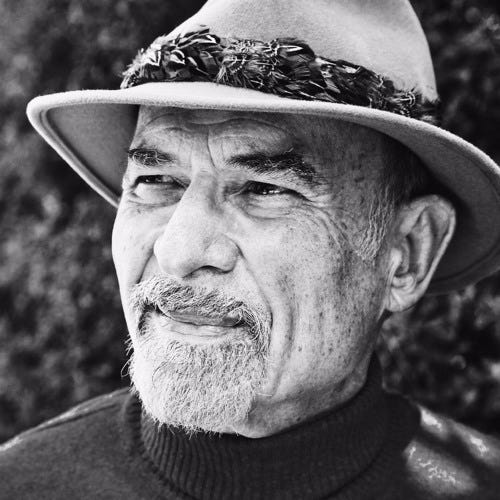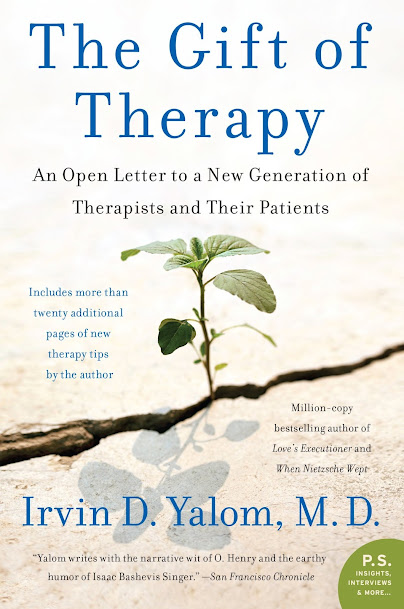Both psychotherapy and spirituality are about "developing a new kind of loving relationship with one's experience," and both help us break free from our conditioned reactions. But spirituality doesn't address our early mishaps that affect our perceptions, and psychotherapy doesn't address the need to transcend our personal feelings.
When he first trained as a therapist, Welwood was concerned that psychotherapy has a narrow view of human nature, but then realized how much it can help once we no longer demand answers from it. It can help free people from negative childhood conditioning, particularly from dismissive or engulfing parenting, by working with our needs, scripts (now narratives), fears, self-respect, etc. A lot of us don't learn how to exist in the world well. Welwood claims that part of the problem is the "breakdown of extended families and tight-knit communities" so that children just get influenced by parents or just one parent instead of many people providing a variety of ideas that can help a child figure out where they fit in the group. As far as I understand this point, with only one or two major influences, children might accept lessons without question, then have to "spend a good part of their lives freeing themselves" from this singular impact in order to find their own sense of self. It's somewhat unintuitive, but a larger group influence helps a child find their individual self by differentiating from others more clearly at a younger age. But whether we find it at 5 or 50, it's necessary to have this "stable self-structure" before trying to go further.
But without a spiritual element, we have "too literal-minded and serious … too small a vision of what a human being is." Psychotherapy can focus too much on content and not enough on the human being. It's changing more recently, focusing less on content and more on how we are with our experience. Welwood wants to stop trying to overcome emotional content and instead open up to it. If we can't open up to anger, for example, we end up trying to be nicer (people pleasing) or overmonitoring our behaviour to avoid triggers, which can create more stress. Yet there's even more ground to cover than just this.




















